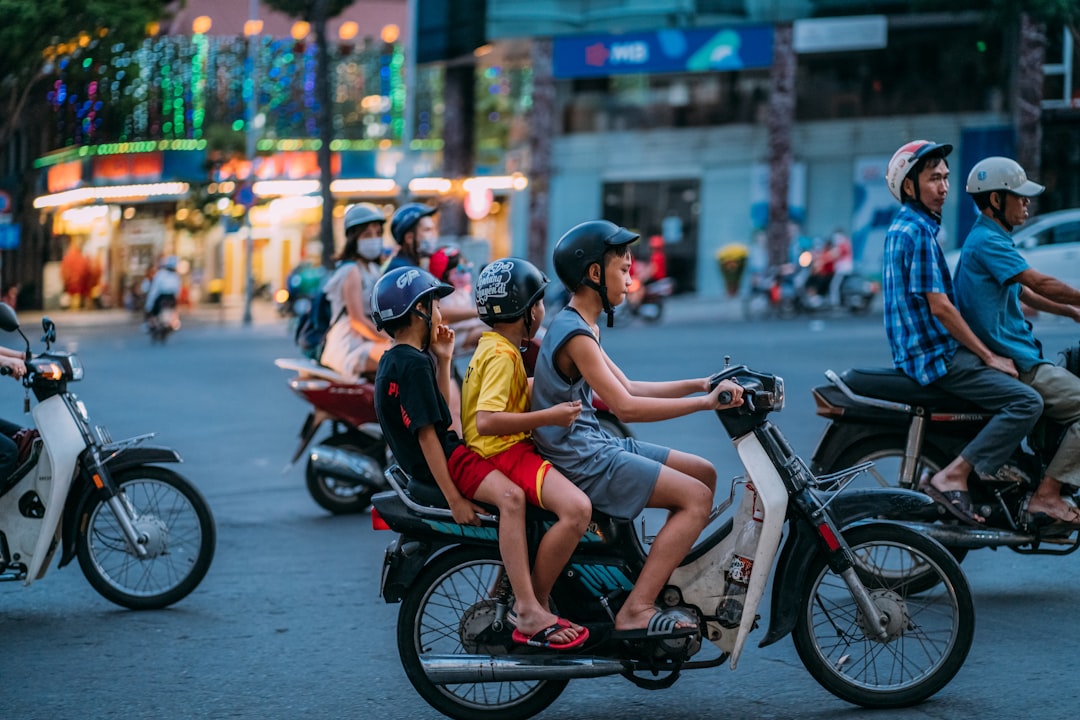What is it about?
We examine school choices made by western expatriate parents in post-colonial Hong Kong in order to understand the essence of imagined global citizenship and its implications for existing ethnic and class inequalities in the education system. Responding to changes in the global job market, a small but increasingly visible group of parents are seeking to challenge what they see as the constraints of expatriate life by developing global opportunities for their children through Cantonese language acquisition in the local education system. Drawing on the sociological literature on school choice and middle-class identity, we argue that these parents are negotiating for themselves a global imaginary in which cultures can easily be traversed and social class is levelled. But such global desires, we suggest, can also replicate colonial privilege in a way that marginalises poorer schools and other ethnic minorities in the education system.
Featured Image
Read the Original
This page is a summary of: Negotiating global citizenship, protecting privilege: western expatriates choosing local schools in Hong Kong, British Journal of Sociology of Education, July 2017, Taylor & Francis,
DOI: 10.1080/01425692.2017.1351866.
You can read the full text:
Contributors
The following have contributed to this page










